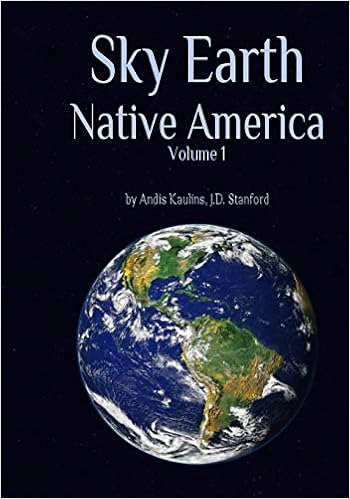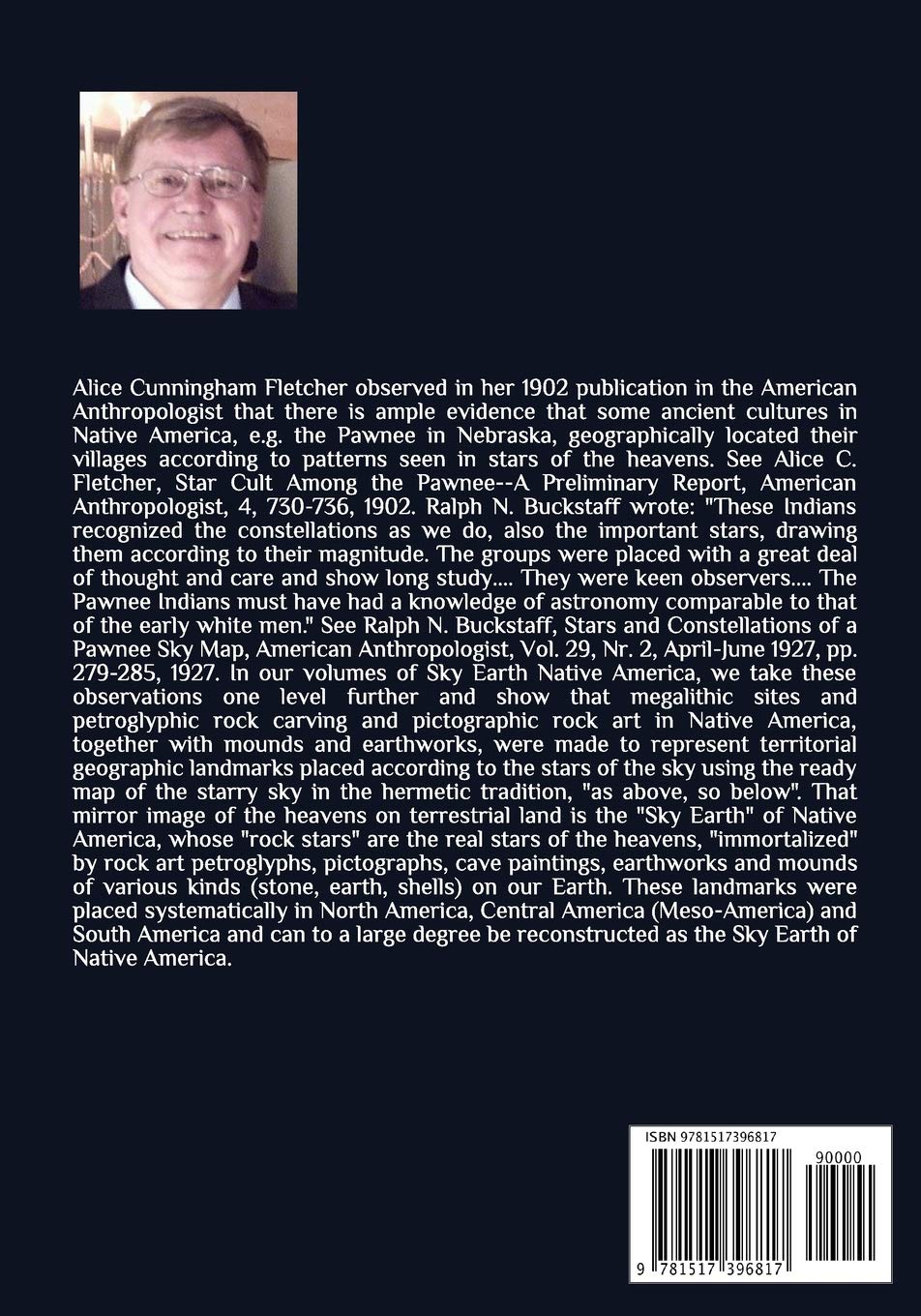If it were up to the Federal Circuit, no one could sell a refurbished "used car" because it would surely violate someone's patent rights.
These apparently incompetent judges must be kidding.
Let us preface this posting with a true story about the machinations of corporate profit-making "in the real world", a world seemingly unknown to the judges:
For many years there was a telecom monopoly in Germany that sold printer ink cartridges specially designed by a major printer manufacturing company for their '"proprietary" OEM-made hardware.
Only those special cartridges could be used in that telecom hardware.
One day a normal computer company -- no longer in existence -- discovered that these cartridges were -- with one exception -- in fact identical to equal-volume retail cartridges made by that same major printer manufacturing company -- but were being sold at FOUR TIMES the already VASTLY INFLATED price being charged by that major printer company for those retail cartridges.
Only a small intentionally placed plastic protrusion prevented the special and retail cartridges from being interchangeable.
As the computer company discovered, that protrusion could easily be filed away, leading to a 75% savings.Massive amounts of profit have been made in past decades by virtually criminal tricks rampant in the printing industry and elsewhere -- by which consumers have been bilked out of billions, all because of inane patent law interpretation by clueless judges at courts such as the Federal Circuit, also overseas.
As written by Lorelei Laird at the ABA Journal in Can patent laws halt the reselling of used ink cartridges? Federal Circuit to consider:
"Print cartridges, not the printers themselves, are typically the source of printer companies’ profits. It shows in the prices. Consumer Reports magazine found in 2013 that you could buy 2,791 gallons of milk or 2,652 gallons of gasoline for the same price as a gallon of ink."Printer ink is nowhere near that valuable. What printer companies have done is to manufacture their printers so that they only work with "proprietary" ink cartridges. These proprietary cartridges are patented by the USPTO and similar clueless patent bodies without critical review. Of course, these are not "inventions" or "designs" worthy of patent protection at all. Rather, such special cartridges have the sole purpose of preventing other companies from making ink cartridges that can be used in a given printer, so that proprietary ink cartridge prices can be hiked to astronomical -- monopoly -- levels.
Another major printer company now wants to stop the much cheaper use and resale of ink cartridges as a patent infringement of their -- surely wrongfully granted -- patents.
The clueless judges in the Federal Circuit have said this is OK.
Ridiculous!
Indeed, as written by Debra Cassens Weiss at the ABA Journal in Can company restrict reuse of its ink cartridges to bypass patent doctrine? SCOTUS to decide:
"The U.S. Court of Appeals for the Federal Circuit ... ruled for Lexmark in its infringement suit against Impression Products for refurbishing and reselling Lexmark cartridges. The ABA Journal previewed the case here before the Federal Circuit ruled." [emphasis added]Well, if you can't resell ink cartridges then you can hardly resell refurbished used cars, now can you, that are loaded with all kinds of patents -- many more patents than for ink cartridges. The argument that "first sale" applies only to copyrights and not to patents is thus rendered as absurd at is. Only the Federal Circuit would buy such nonsense.
It is the job of the U.S. Supreme Court to remove these absolutely ridiculous "windfall profit" patent-trolling schemes from the law and to clearly establish the first sale doctrine as applicable to patents.
It is not the job of the courts via patent law to serve as handmaidens to monopolies of hawkers of wares and thereby in effect to force consumers to buy specific products because they have no other options. Quite the contrary. Competition must rule the field and monopolies must be destroyed. That is capitalism. Monopolistic ink cartridges are not inventions or designs, rather, they are simply mockeries of the failings of the patent law system, and of its judges.
What about that Federal Circuit and its judges? What is their problem? If we go by U.S. Supreme Court reversal rates, The U.S. Court of Appeals for the Federal Circuit (hereinafter "Federal Circuit") is arguably the worst federal Court of Appeals in the land, being the most reversed appeals court. See Roy E. Hofer, Supreme Court Reversal Rates: Evaluating the Federal Courts of Appeals.
Three recent Federal Circuit decisions only confirm that bottom ranking.
Example 1. The Federal Circuit's calculation of patent infringement damages is contrary to both law and common sense. The U.S. Supreme Court just reversed them UNANIMOUSLY. See our previous posting.
Example 2. The Federal Circuit is a court that does not learn. The Federal Circuit in a bizarre series of events recently confirmed a verdict for damages and upheld absurd Apple patents for "slide-to-unlock", "spell correction" and "identifying items within text such as telephone numbers or dates".
Here is the bizarre series of events:
As reported by Professor Dennis Crouch, the Federal Circuit in a 3-judge panel initially decided the case [correctly] by throwing out a district court patent infringement damages verdict and invalidating two of three Apple patents and holding that the third patent was not infringed. See Federal Circuit: Apple’s Slide-to-Unlock Patent is Invalid.
That 3-judge panel decision was then reversed recently out of the blue by a surprise Federal Circuit en banc ruling, as reported by Crouch in It is Improper to Consider Extra-Record Claim Construction Evidence On Appeal. As Professor Crouch writes: "the en banc found that the original panel had improperly considered “extra-record extrinsic evidence to construe a patent claim term.”"
"Extrinsic evidence"? Surely that is a joke. That is how $100 million are treated at the Federal Circuit. Like a juggling act. Here today. Gone tomorrow. Here today. After all, it is not their money. It is like play money to them. That lack of judicial seriousness is apparent in their "inner-court-workings". We exclude Chief Judge Prost, Judge Dyk, and Judge Reyna from that statement. THEY seem to be the only ones on the ball at the Federal Circuit. See below.
Professor Crouch discusses the MAJOR issue here -- in our opinion -- which is that something appears rotten internally at the Federal Circuit.
Crouch writes:
"The en banc opinion judgment here was [8-4 is struck out and replaced with 8-3] with Judge Moore authoring the 7-member majority opinion; Judge Hughes concurring in judgment but without authoring any opinion whatsoever; The original panel members, Chief Judge Prost, Judge Dyk, and Judge Reyna each dissented and each authored their own opinions; and Judge Taranto not participating.
Judge Dyk’s is the most interesting in the way that it reveals some inner-court-workings:
For the first time in 26 years, this court has taken an obviousness case en banc. See In re Dillon, 919 F.2d 688 (Fed. Cir. 1990) (en banc). Remarkably, the majority has done so without further briefing and argument from the parties, amici, or the government, as has been our almost uniform practice in this court’s en banc decisions. . . .Judge’s Prost and Reyna also agreed that the majority’s application of the law in this case is inconsistent with Supreme Court precedent."
The present en banc decision will have a significant and immediate impact on the future resolution of obviousness issues. While purporting to apply established circuit law, the majority is in fact making significant changes to the law as articulated by the Supreme Court. Indeed, as Judge Reyna convincingly points out, it is difficult to understand how this case would satisfy the requirements for en banc review if the majority’s purpose were not to clarify the law.
The majority states that it takes this case en banc to correct the original panel’s reliance on extra-record evidence. This could hardly be the reason the majority has granted en banc review, since the panel has continuingly expressed willingness, and indeed desire, to eliminate references to any extra-record evidence because of concerns raised in Apple’s petition for rehearing and because they were unnecessary to the panel opinion. . . . [T]he principles that the majority announces are inconsistent with the Supreme Court’s decisions in KSR, Graham v. John Deere, as well as earlier Supreme Court cases, and will make proof of obviousness far more difficult.
[Emphasis added above. We have left out the links, so please go to Crouch's Patently-O patent blog for the details]
Accordingly, also this en banc decision of the Federal Circuit would surely not pass Supreme Court scrutiny. Something appears to be amiss at the Federal Circuit. A power struggle? Outside influence?
Example 3. The third example is the Federal Circuit's recent absurd decision that the reuse or resale of lawfully purchased original ink cartridges violates patent law. See in this regard Debra Cassens Weiss at ABA Journal in Can company restrict reuse of its ink cartridges to bypass patent doctrine? SCOTUS to decide:
"The U.S. Supreme Court on Friday agreed to decide whether a company that sells its printer cartridges subject to a bar on their reuse or resale can invoke patent law against a company that violates the restriction.Let's be frank. For years we have argued that the Federal Circuit should be disbanded by Congress.
At issue is whether the restrictions imposed by Lexmark International bypass the general rule that a patent holder’s rights extend only to the first sale of its product, SCOTUSblog reports. The general rule is known as the patent exhaustion doctrine."
The Federal Circuit causes far more harm than good to the nation -- it is the main cause of the incredibly costly patent wars -- and its establishment as the court of expertise for patents was a great mistake.


